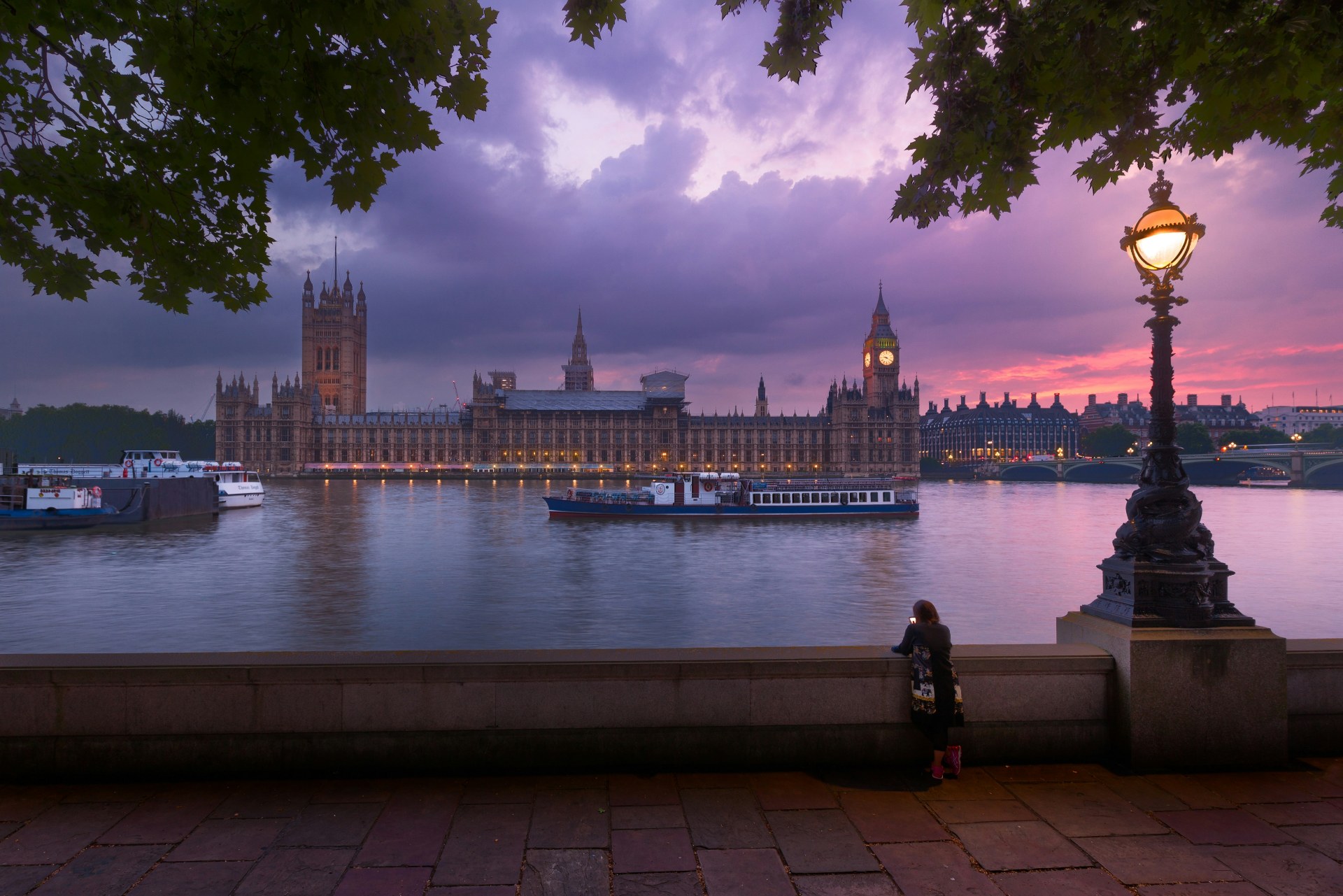Now the election’s over, where do we stand with the Protect Duty bill? Can we get back to finalising Martyn’s Law?
In May 2023, the Government published the Terrorism Protection of Premises Draft Bill for pre-legislative scrutiny. Between February and March 2024, the Government carried out a consultation process on the Bill and was in the process of reviewing the results when the general election was called.
There’s now a new government who are expected to speed up processes. Businesses should get ready for the Protect Duty Bill to be passed and try to understand how this new law could affect them.
At Romero Insurance Brokers, we look at the details of the Protect Duty bill and what businesses need to do before it is finalised later this year – in correspondence with rradar.

What is the purpose of the Protect Duty Bill?
The bill imposes requirements on businesses and venues, improving society’s protection against a terrorist attack. It will require businesses to take proportionate steps related to safety, security and awareness. The bill may cause changes to the entrances and exits of premises, as well as lighting and screening processes.
What businesses are affected by the Protect Duty Bill?
Here are the businesses impacted by the Protect Duty Bill:
- Premises accessible to the public.
- Premises for a listed purpose – those being Entertainment and Leisure, Retail, Food and Drink.
- A capacity of 100 or more.
- Any premises with an outdoor location with a physical boundary that can be accessed with express permission – for example a farm, field or sports ground.
There are different levels considered within the bill, featuring a more enhanced level that will require increased obligations.
Standard tier –
This applies to any premises with a capacity between 100 and 799 individuals.
All places of worship, schools, and educations centres are standard tier regardless of capacity size.
Standard tier businesses are required to have in place procedural measures to reduce the risk of harm to individuals at the premises in the event of an attack. The full extent of these measures are yet to be published, however we expect them to include risk assessments, secure entrance and exits, and staff instruction.
Enhanced tier –
This applies to any premises with a capacity of 800 or more, as well as certain temporary events.
Requirements for the enhanced tier are more significant. Businesses are expected to have in place a risk assessment process specific to terrorism, a security plan that aims to mitigate security measures, security lighting, as well as screening procedures.
Businesses will be required to accurately calculate capacity; prior to the election, the Government said they will produce a capacity calculator for venues to establish or restrict capacity.
Enhanced tier businesses will need to complete a structured terrorism risk evaluation document. This document should not only review of your own business but also include consideration of possible attacks on sites in the immediate vicinity, and how this might affect your business. Businesses should therefore coordinate with neighbouring businesses.
What obligations are required of the Protect Duty Bill?
A full list of obligations is laid out in the Protect Duty bill.
It includes registration, where a responsible person must notify the regulator of their premises and requirements.
It also includes terrorism risk assessment which must be periodically revised. The enhanced tier obliges business to have their risk assessment done three months before hosting an event.
All workers should be properly trained as well as appointing a senior officer to coordinate the preparation of security plans.
Businesses are also obliged to cooperate with third party organisations and neighbouring businesses for the purpose of protection.
How will Martyn’s law be enforced?
There will be a regulator. The regulator has the power to investigate and enforce, as well as appoint inspectors to visit your premise. They can request information, which if not given, can apply for a warrant to enter your premises. Enforcement notices or issued to rectify security issues.
The regulator could also shut down or restrict an event if they have reasonable grounds to believe it necessary to protect the public form a terror attack.
The regulator can issue a penalty to those who have failed to meet their obligations. The maximum amount for standard tier businesses is £10,000. For enhanced tier businesses the maximum is £18 million or 5% of worldwide revenue.
A new criminal offence would also be instigated. This is for business operators who fail to comply with requirements as well as those that provide false or misleading information. Operators could be held personally liable if the offence was committed with intent. The prison term is 6 months.
When the Protect Duty Bill is finalised and passed, the regulator will make clear what is expected and issue guidance.
When will Protect Duty compliance start?
Before the election and the dissolution of Parliament, the leaders of both main parties committed to supporting the Protect Duty bill. Now we know that Labour won, we expect the bill to be passed and enforced after the summer recess. Businesses should start to prepare now.
For further information and support, contact Romero Insurance Brokers.
Alternatively, see here more information about How We Work.



